AI in Recruitment: Our Choice, Our Fight
Reflections on a Presentation by Hung Lee
Hung Lee, the creator of the #1 community for recruiters and HR professionals: Recruiting Brainfood, recently delivered an insightful presentation titled “Recruiting in the Era of Generative Artificial Intelligence”. I had the opportunity to work through this presentation with great interest, and I subsequently shared its insights with my team at Kooku Recruiting Partners as part of our internal “Share & Grow” format.
The presentation covers a wide range of topics, beginning with the imperative for industry professionals to get ready for the changing landscape. It delves into the essence of Generative AI, elucidating the fundamental concepts of Machine Learning, Deep Learning, and GPTs.
The AI market landscape is another key point. Hung Lee sheds light on the current state of the market, including its diverse applications, patterns of usage, and levels of investment. Insights into ChatGPT's usage and revenue are mentioned, underlining the prevalence of AI applications across various sectors.
The presentation also explores how we encounter AI in recruitment, categorizing these encounters into four distinct types: Public, Point, Proprietary, and Platform. The aim is to explain how AI is woven into both consumer and business applications, with an increasing presence in everyday platforms.
The advantages of incorporating AI in recruitment are extensively discussed. The presentation cites case studies showcasing AI's impact on productivity and performance in domains such as customer service, professional documentation, and software engineering.
However, the challenges and considerations of integrating AI into recruitment are not overlooked. The presentation highlights ethical concerns, security issues, legal complexities, and the reliability of AI systems.
Use cases for AI in recruitment are presented, demonstrating the application of AI in automating various aspects, such as personalization at scale, domain research, real-time translation, and the development of sourcing applications.
The presentation then looks into the future of recruitment, distinguishing between AI-exposed tasks (routine and high-definition) and AI-insulated tasks (novel and high-EQ). The point is made that AI-exposed tasks might be automated, while AI-insulated tasks could become more valuable.
The presentation closes with a discussion about how to prepare for the evolving role of AI in recruitment. The need to focus on AI-resilient tasks and diversify the value proposition is emphasized. It also raises broader questions about rebalancing work-life and directing productivity toward improving the quality of life.
AI in Recruitment: Our Choice, Our Fight
Reflections on a Presentation by Hung Lee
Hung Lee, the creator of the #1 community for recruiters and HR professionals: Recruiting Brainfood, recently delivered an insightful presentation titled “Recruiting in the Era of Generative Artificial Intelligence”. I had the opportunity to work through this presentation with great interest, and I subsequently shared its insights with my team at Kooku Recruiting Partners as part of our internal “Share & Grow” format.
The presentation covers a wide range of topics, beginning with the imperative for industry professionals to get ready for the changing landscape. It delves into the essence of Generative AI, elucidating the fundamental concepts of Machine Learning, Deep Learning, and GPTs.
The AI market landscape is another key point. Hung Lee sheds light on the current state of the market, including its diverse applications, patterns of usage, and levels of investment. Insights into ChatGPT's usage and revenue are mentioned, underlining the prevalence of AI applications across various sectors.
The presentation also explores how we encounter AI in recruitment, categorizing these encounters into four distinct types: Public, Point, Proprietary, and Platform. The aim is to explain how AI is woven into both consumer and business applications, with an increasing presence in everyday platforms.
The advantages of incorporating AI in recruitment are extensively discussed. The presentation cites case studies showcasing AI's impact on productivity and performance in domains such as customer service, professional documentation, and software engineering.
However, the challenges and considerations of integrating AI into recruitment are not overlooked. The presentation highlights ethical concerns, security issues, legal complexities, and the reliability of AI systems.
Use cases for AI in recruitment are presented, demonstrating the application of AI in automating various aspects, such as personalization at scale, domain research, real-time translation, and the development of sourcing applications.
The presentation then looks into the future of recruitment, distinguishing between AI-exposed tasks (routine and high-definition) and AI-insulated tasks (novel and high-EQ). The point is made that AI-exposed tasks might be automated, while AI-insulated tasks could become more valuable.
The presentation closes with a discussion about how to prepare for the evolving role of AI in recruitment. The need to focus on AI-resilient tasks and diversify the value proposition is emphasized. It also raises broader questions about rebalancing work-life and directing productivity toward improving the quality of life.
AI in Recruitment: Our Choice, Our Fight
Reflections on a Presentation by Hung Lee
Hung Lee, the creator of the #1 community for recruiters and HR professionals: Recruiting Brainfood, recently delivered an insightful presentation titled “Recruiting in the Era of Generative Artificial Intelligence”. I had the opportunity to work through this presentation with great interest, and I subsequently shared its insights with my team at Kooku Recruiting Partners as part of our internal “Share & Grow” format.
The presentation covers a wide range of topics, beginning with the imperative for industry professionals to get ready for the changing landscape. It delves into the essence of Generative AI, elucidating the fundamental concepts of Machine Learning, Deep Learning, and GPTs.
The AI market landscape is another key point. Hung Lee sheds light on the current state of the market, including its diverse applications, patterns of usage, and levels of investment. Insights into ChatGPT's usage and revenue are mentioned, underlining the prevalence of AI applications across various sectors.
The presentation also explores how we encounter AI in recruitment, categorizing these encounters into four distinct types: Public, Point, Proprietary, and Platform. The aim is to explain how AI is woven into both consumer and business applications, with an increasing presence in everyday platforms.
The advantages of incorporating AI in recruitment are extensively discussed. The presentation cites case studies showcasing AI's impact on productivity and performance in domains such as customer service, professional documentation, and software engineering.
However, the challenges and considerations of integrating AI into recruitment are not overlooked. The presentation highlights ethical concerns, security issues, legal complexities, and the reliability of AI systems.
Use cases for AI in recruitment are presented, demonstrating the application of AI in automating various aspects, such as personalization at scale, domain research, real-time translation, and the development of sourcing applications.
The presentation then looks into the future of recruitment, distinguishing between AI-exposed tasks (routine and high-definition) and AI-insulated tasks (novel and high-EQ). The point is made that AI-exposed tasks might be automated, while AI-insulated tasks could become more valuable.
The presentation closes with a discussion about how to prepare for the evolving role of AI in recruitment. The need to focus on AI-resilient tasks and diversify the value proposition is emphasized. It also raises broader questions about rebalancing work-life and directing productivity toward improving the quality of life.
In essence, Hung Lee's presentation serves as a wake-up call for the recruitment industry. The dominance of Generative AI, its ubiquitous presence, the need for preparation and the potential pitfalls require careful consideration. As recruiters, it is critical to remain informed, adaptable, and ethically responsible to succeed in this era of AI-driven transformation.
Hung Lee's insightful presentation brought me several insights that are in line with the evolving landscape of recruitment and the ubiquitous role of AI:
AI Is Everywhere. AI manifests in four forms – Public, Point Solution, Proprietary, and Platform – and is set to radically disrupt how we recruit and work. It's not a distant, futuristic concept, but a current reality embedded in various facets of our professional lives. As recruiters, understanding these different manifestations of AI is vital. It's no longer a matter of whether to adopt AI but how to leverage it effectively, whether through public tools, tailored solutions, proprietary data, or established platforms.
We Can Prepare As Recruiters. We should analyse the impact of AI at the individual, organizational, and global levels. Moving up the value chain, leading by example, and focusing on complex organizations that are more resilient to AI disintermediation. Encouraging a multi-faceted approach, including personal self-assessment, organizational adaptation, and a broader perspective on how AI will affect the industry.
Playing with Fire. Introducing AI in recruitment comes with ethical, legal, and security risks that compel us to grapple with the consequences of data bias, job displacement, and privacy concerns. While AI promises immense benefits, it's not without its challenges. Recruiters must tread carefully, acknowledging and addressing the ethical, legal, and security considerations that come with AI adoption.
Hung Lee's insightful presentation brought me several insights that are in line with the evolving landscape of recruitment and the ubiquitous role of AI:
AI Is Everywhere. AI manifests in four forms – Public, Point Solution, Proprietary, and Platform – and is set to radically disrupt how we recruit and work. It's not a distant, futuristic concept, but a current reality embedded in various facets of our professional lives. As recruiters, understanding these different manifestations of AI is vital. It's no longer a matter of whether to adopt AI but how to leverage it effectively, whether through public tools, tailored solutions, proprietary data, or established platforms.
We Can Prepare As Recruiters. We should analyse the impact of AI at the individual, organizational, and global levels. Moving up the value chain, leading by example, and focusing on complex organizations that are more resilient to AI disintermediation. Encouraging a multi-faceted approach, including personal self-assessment, organizational adaptation, and a broader perspective on how AI will affect the industry.
Playing with Fire. Introducing AI in recruitment comes with ethical, legal, and security risks that compel us to grapple with the consequences of data bias, job displacement, and privacy concerns. While AI promises immense benefits, it's not without its challenges. Recruiters must tread carefully, acknowledging and addressing the ethical, legal, and security considerations that come with AI adoption.
Hung Lee's insightful presentation brought me several insights that are in line with the evolving landscape of recruitment and the ubiquitous role of AI:
AI Is Everywhere. AI manifests in four forms – Public, Point Solution, Proprietary, and Platform – and is set to radically disrupt how we recruit and work. It's not a distant, futuristic concept, but a current reality embedded in various facets of our professional lives. As recruiters, understanding these different manifestations of AI is vital. It's no longer a matter of whether to adopt AI but how to leverage it effectively, whether through public tools, tailored solutions, proprietary data, or established platforms.
We Can Prepare As Recruiters. We should analyse the impact of AI at the individual, organizational, and global levels. Moving up the value chain, leading by example, and focusing on complex organizations that are more resilient to AI disintermediation. Encouraging a multi-faceted approach, including personal self-assessment, organizational adaptation, and a broader perspective on how AI will affect the industry.
Playing with Fire. Introducing AI in recruitment comes with ethical, legal, and security risks that compel us to grapple with the consequences of data bias, job displacement, and privacy concerns. While AI promises immense benefits, it's not without its challenges. Recruiters must tread carefully, acknowledging and addressing the ethical, legal, and security considerations that come with AI adoption.
Key Questions / Starting Points
With the profound changes AI is bringing to the recruiting industry, we all face critical challenges. To successfully navigate this change and improve our service to clients and candidates, we at Kooku Recruiting Partners have set out to answer the following key questions:
1. How do we identify AI-exposed and AI-insulated aspects of our work and adapt our services accordingly?
Understanding which tasks AI can automate (AI-exposed) and where human empathy and creativity remain essential (AI-insulated) is vital. This distinction enables us to provide tailored solutions to clients and candidates.
2. How can we manage the ethical, legal, and security aspects associated with AI?
Addressing ethical considerations, data privacy, fairness, and legal compliance is paramount. It requires a thorough examination and the development of policies and procedures to ensure data security and ethical practices.
3. How can we, as recruiters, elevate our value in the industry?
Leveraging AI and enhancing our position in the value chain involves focusing on complex tasks requiring human expertise and interpersonal interaction. Areas like Candidate Experience, Employer Branding, Diversity and Inclusion, and Talent Development offer opportunities to provide added value to our clients and candidates, fostering long-term partnerships.
By addressing these challenges and proactively seeking solutions, we will be well-prepared to take advantage of AI while maintaining the integrity and value of our services. Ultimately, we will provide the best possible service to our clients and candidates in this era of change.
How do you see this, and how do you deal with it in practice? I look forward to your feedback and an inspiring discussion!
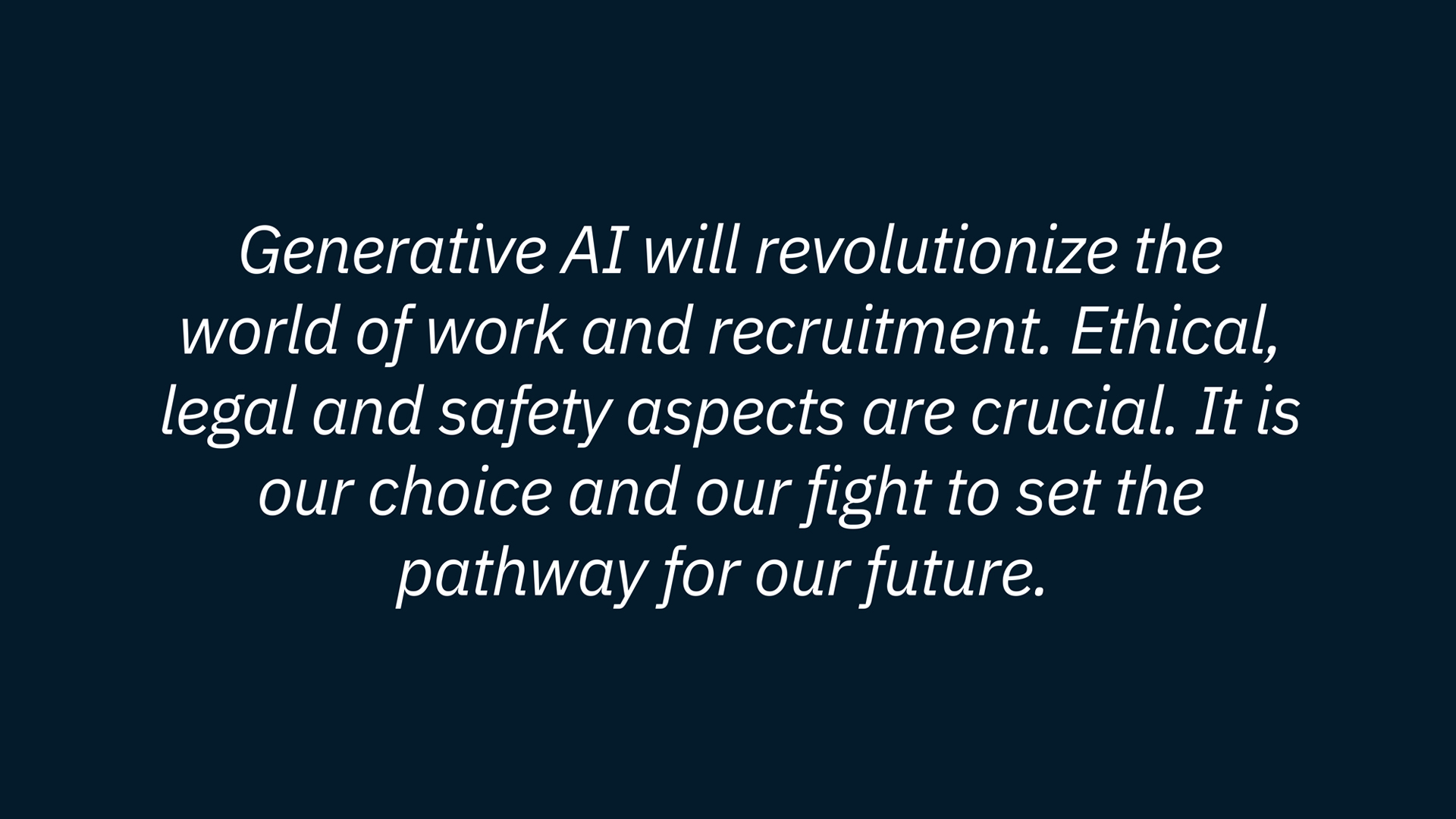
Cover image credit © Igor Omilaev on Unsplash
Cover image credit © Igor Omilaev on Unsplash
Cover image credit © Igor Omilaev on Unsplash
Cover image credit © Igor Omilaev on Unsplash
What I Share
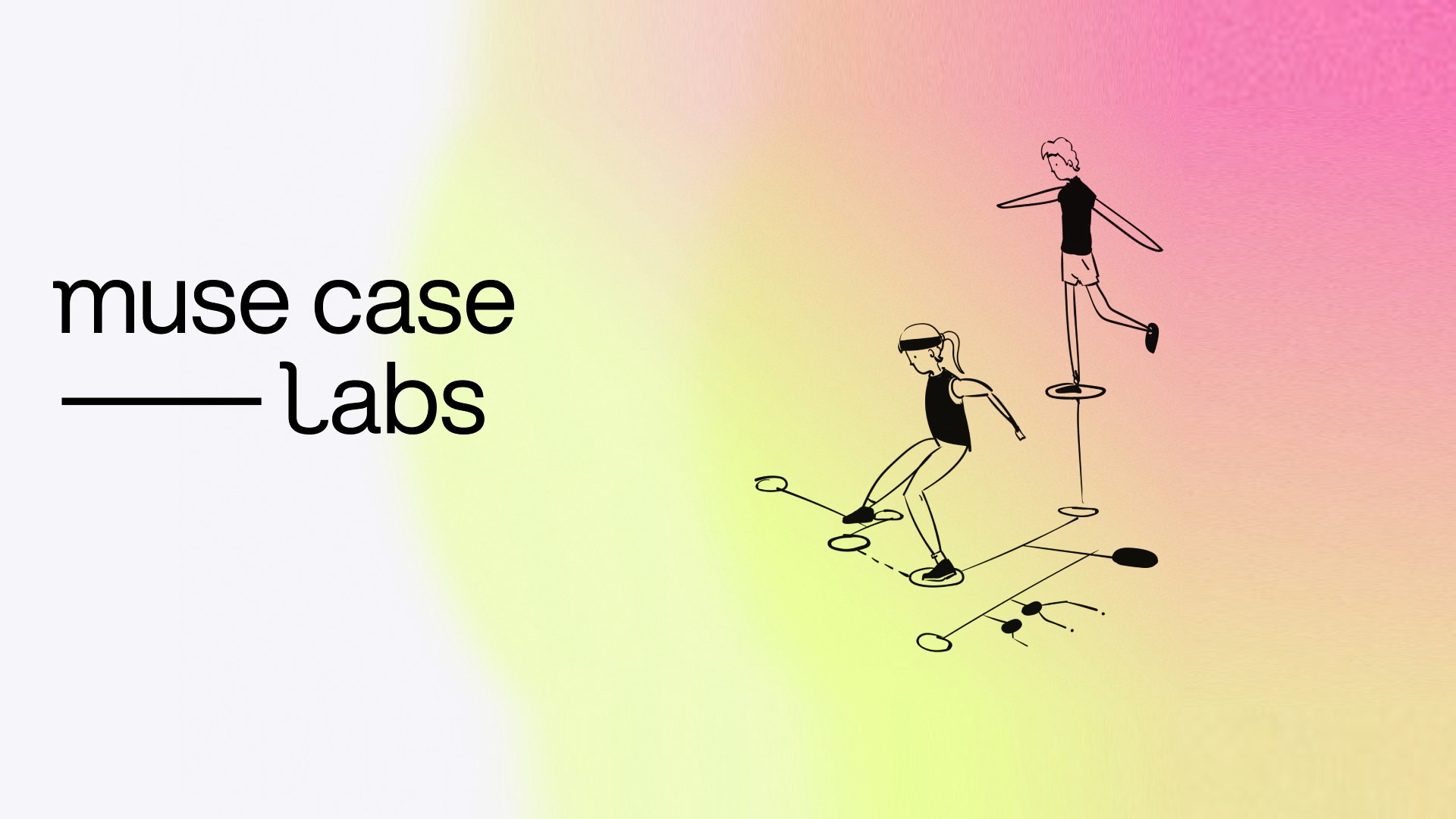
Design in Transitionmuse case labs Interview
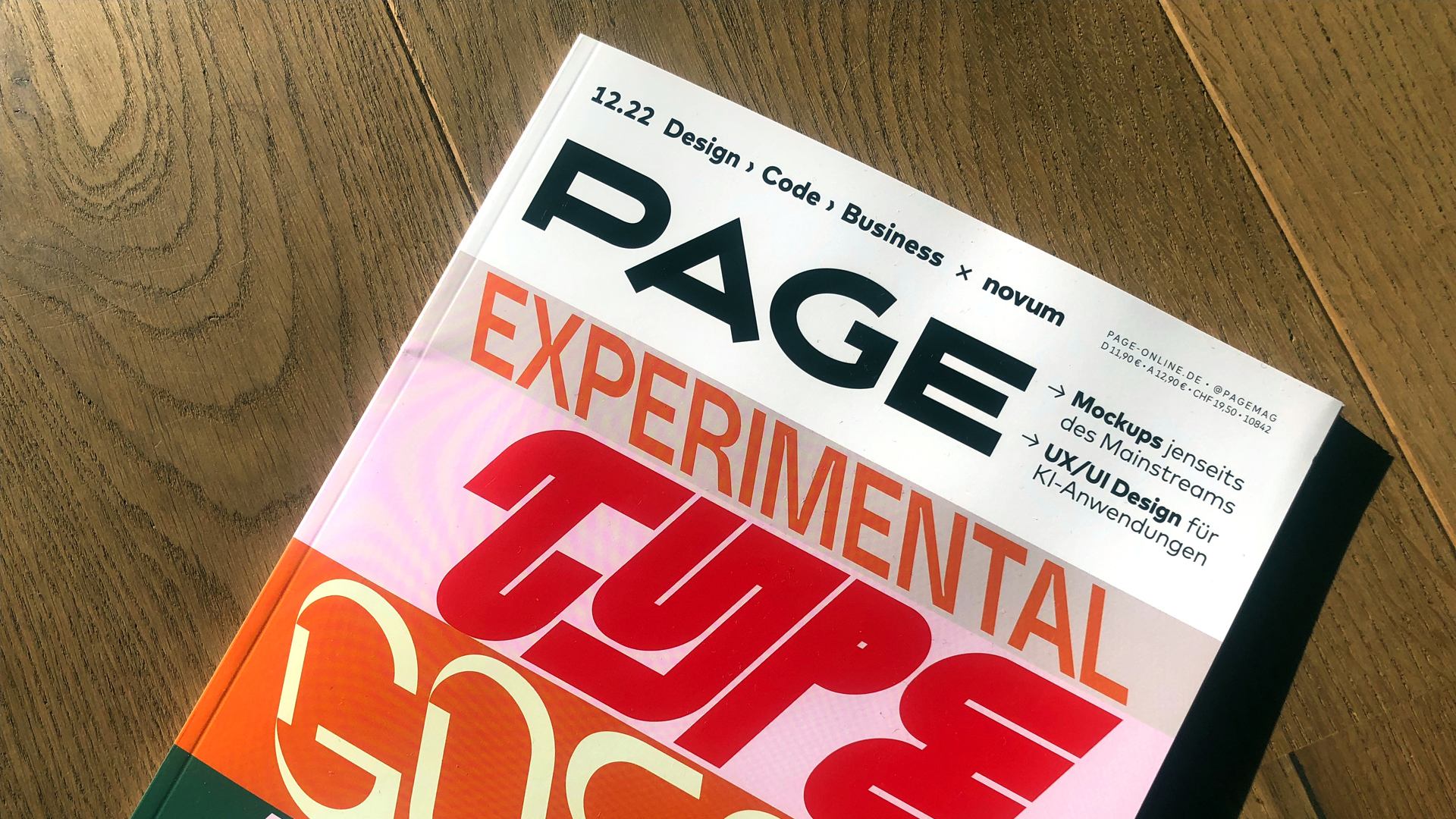
Full-Time, Part-Time, Free-TimeInterview for PAGE Magazine
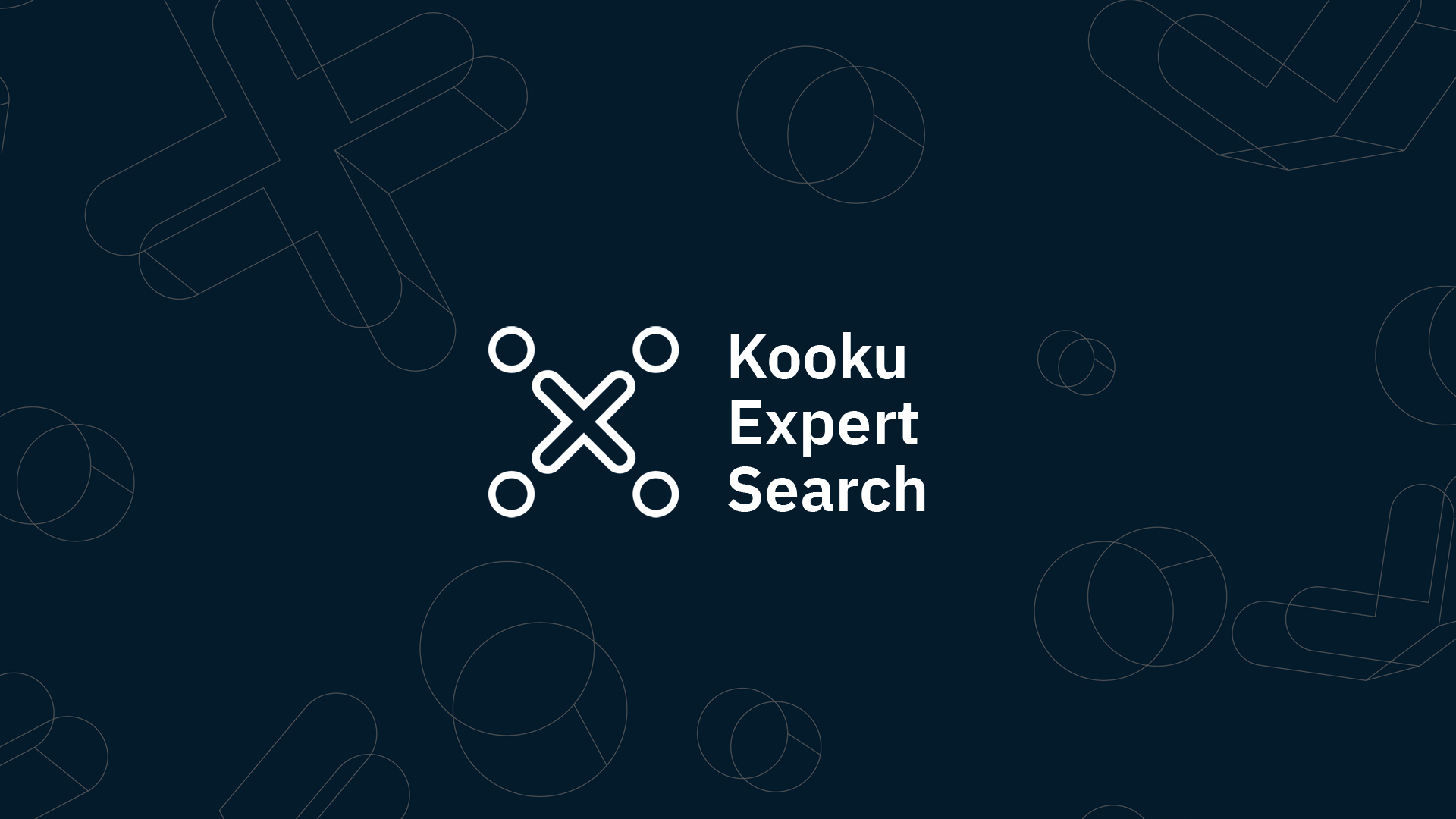
Kooku X — Vision to RealityBuilding a Minimal Viable Recruiting Brand
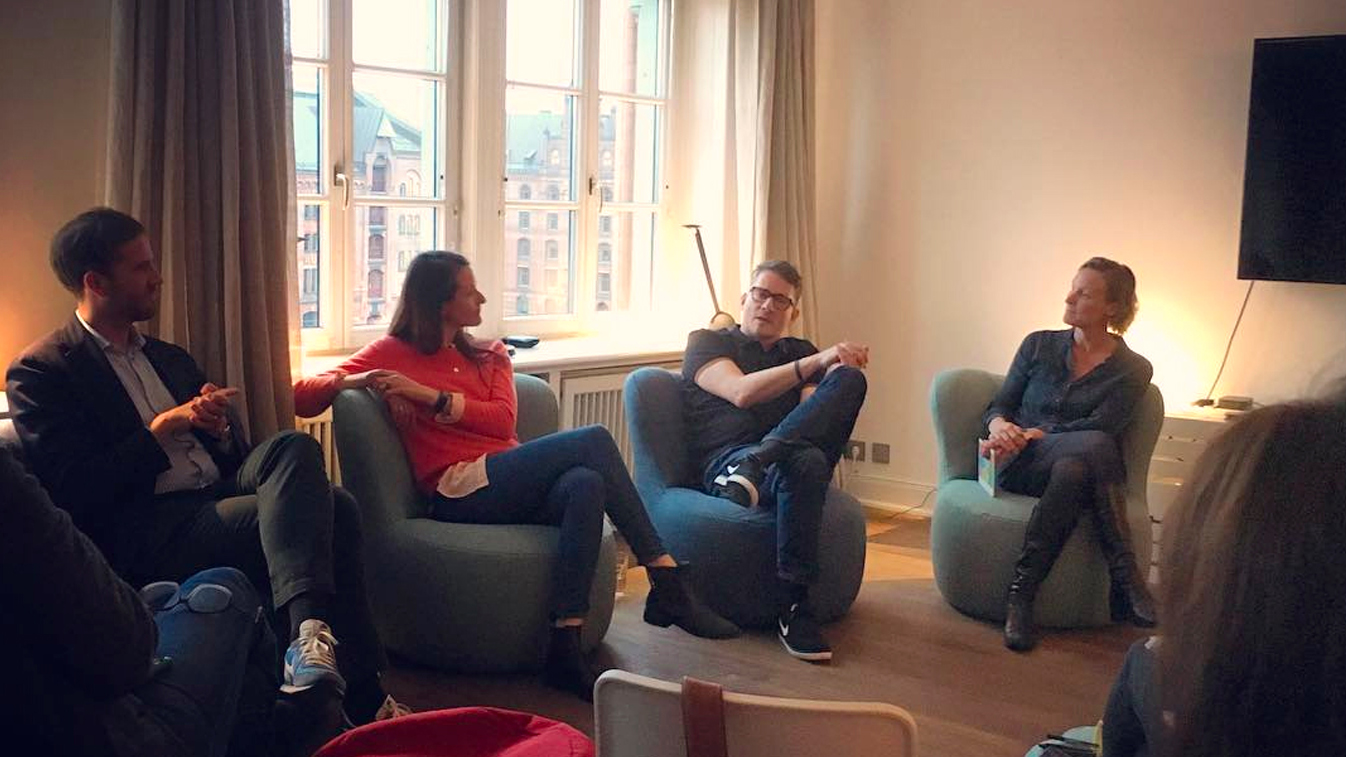
Mindset is EverythingSOULWORX ENERGIZER

Leading TogetherBlog Post
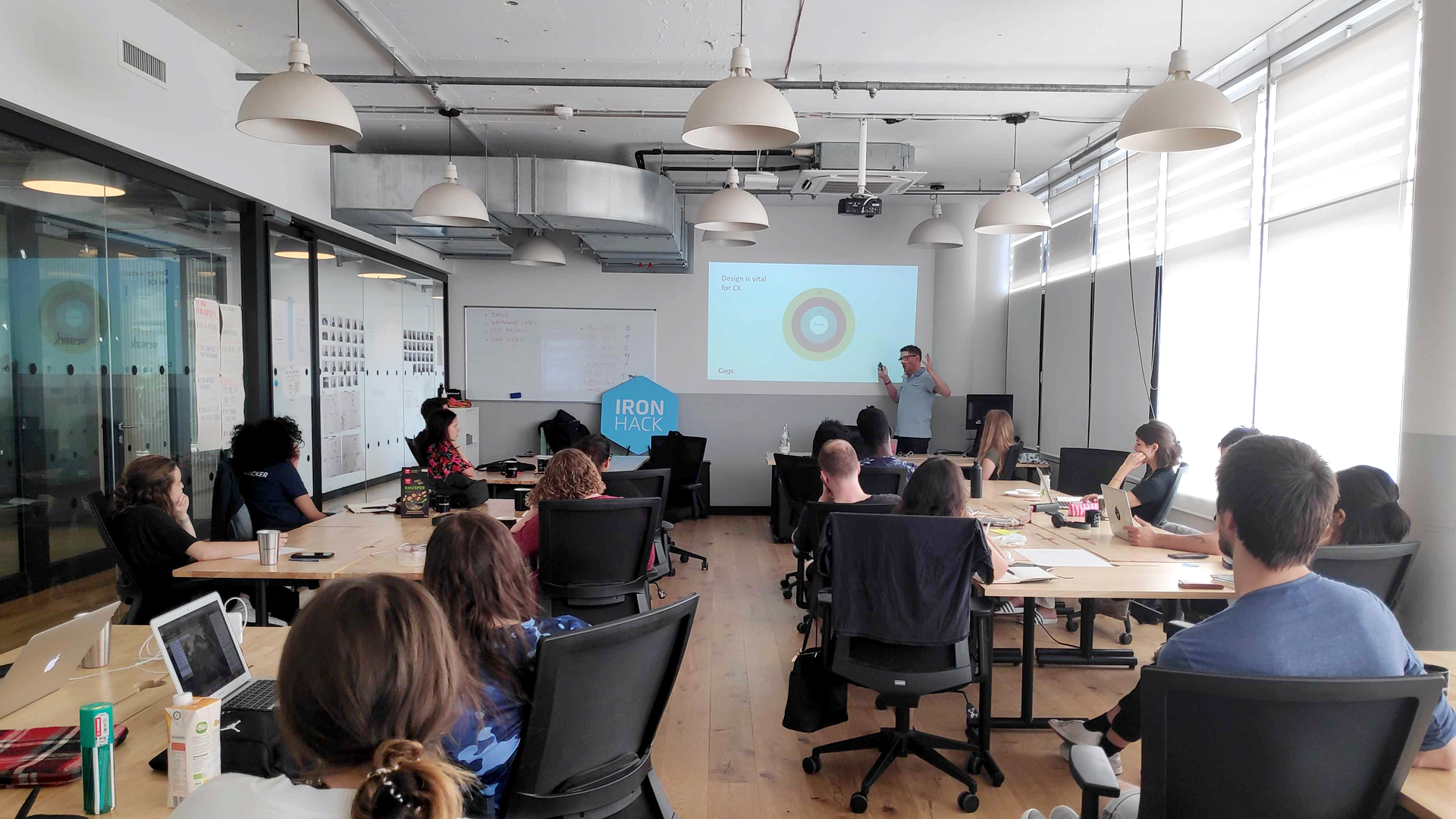
Unicorns, Hybrids, and Other Fantastic BeastsIronhack Workshops
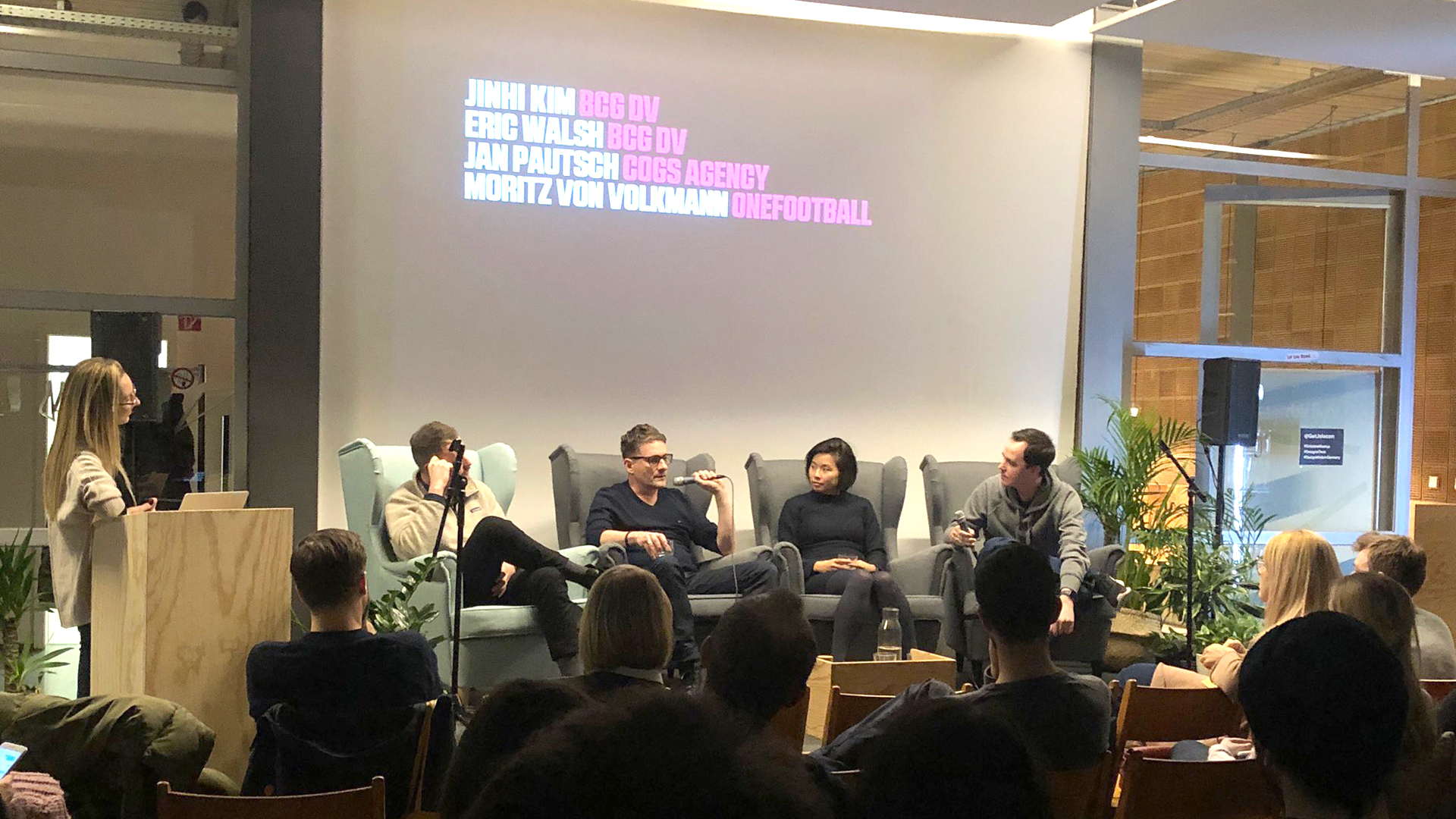
Embrace VarietyBerlin Dribbble meetup
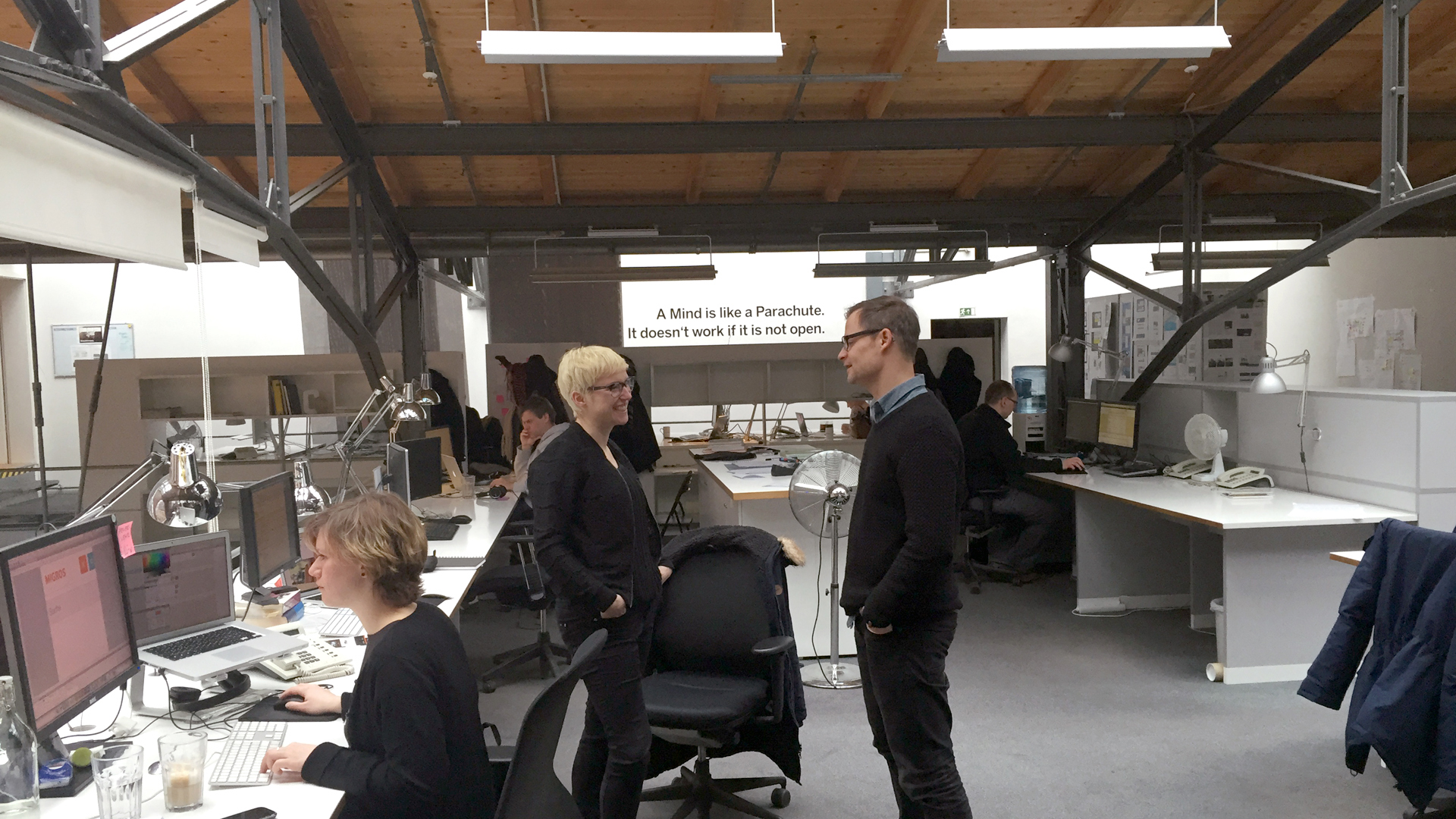
Is Flatter Better?Blog Post

Tech-Speed-DatingVolunteering at ReDI School
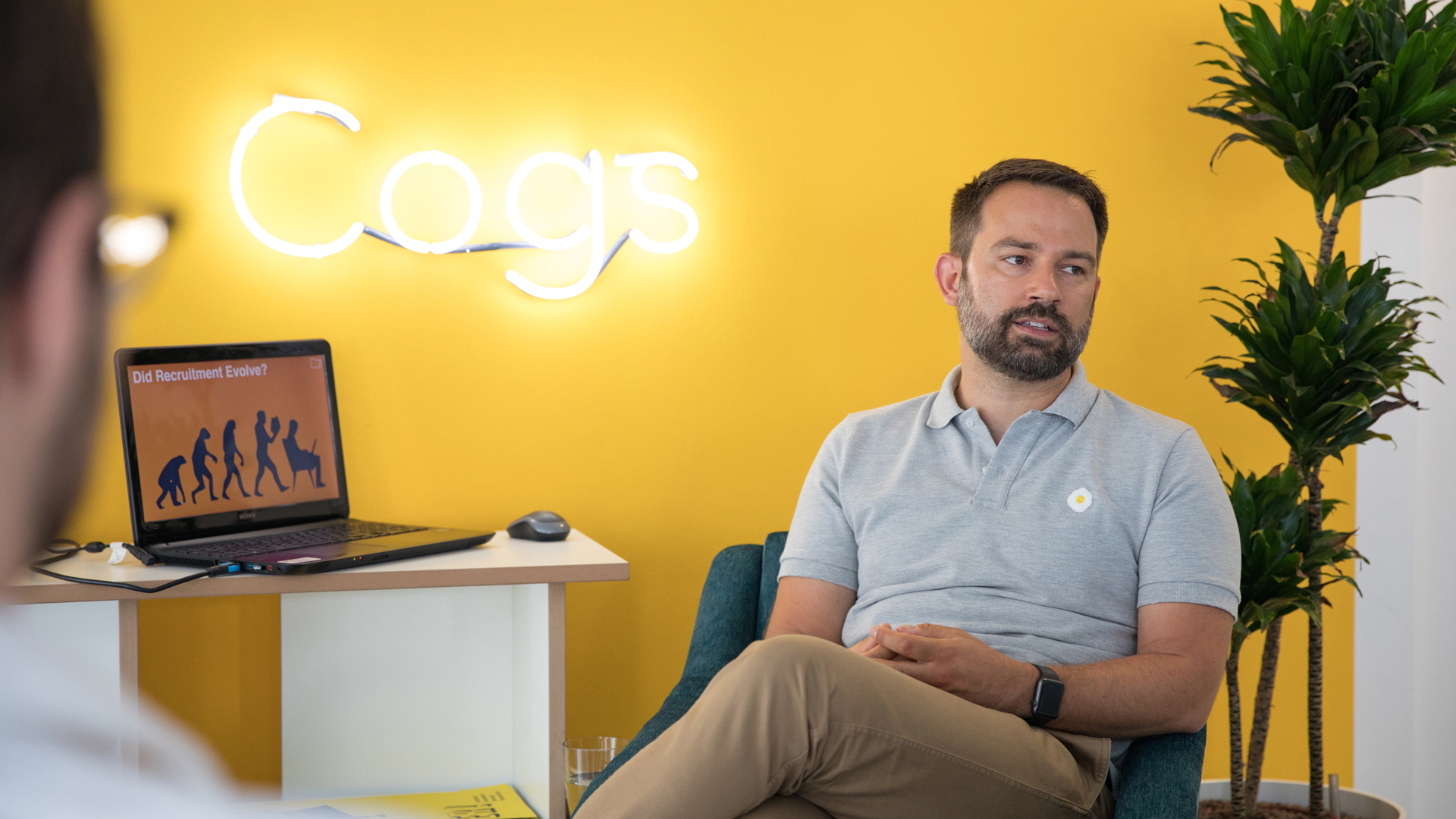
Cogs CrunchKnowledge Sharing Format
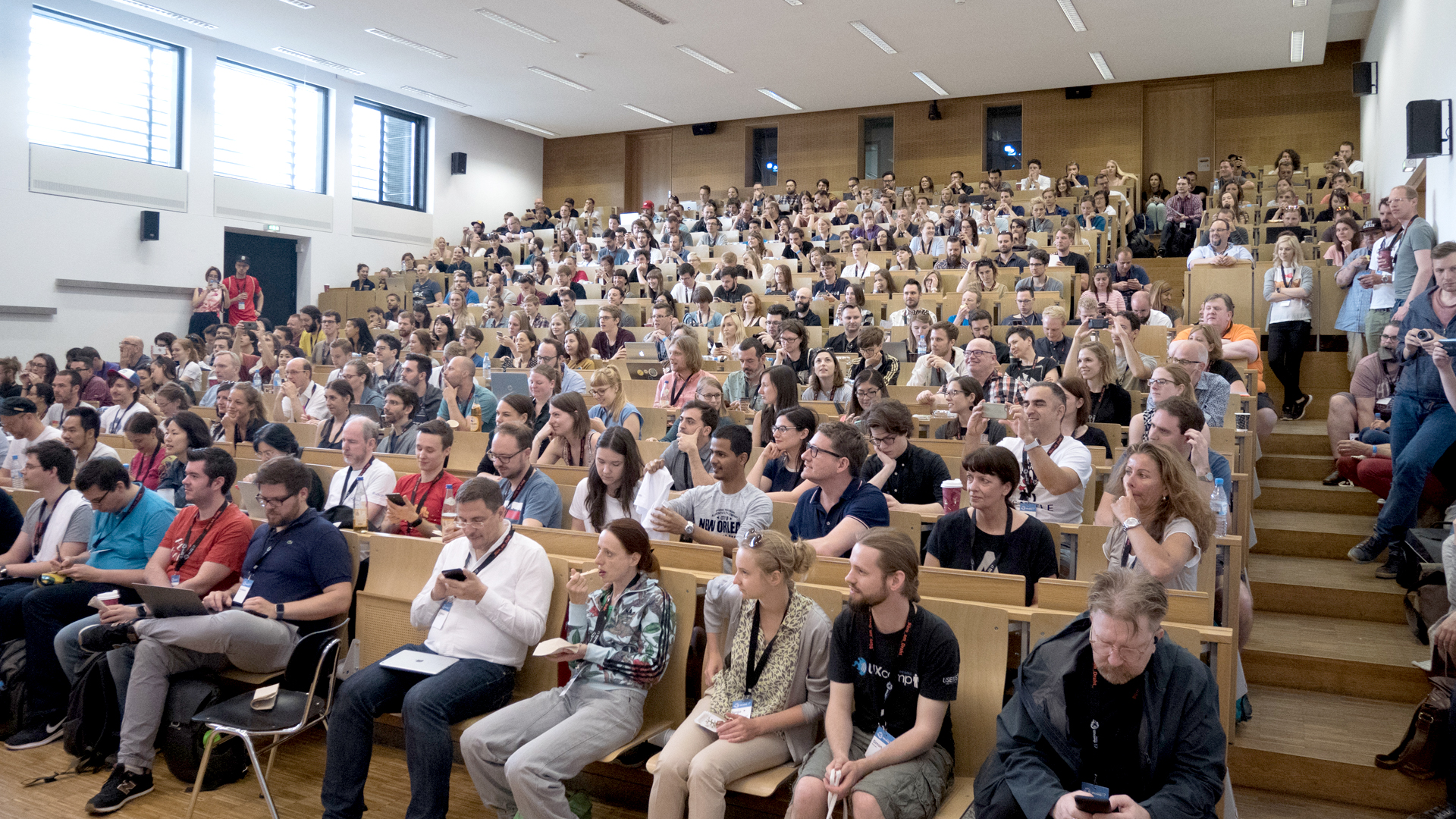
Headhunter SecretsUXcamp Europe, BarCamp

DECODERInnovation Platform
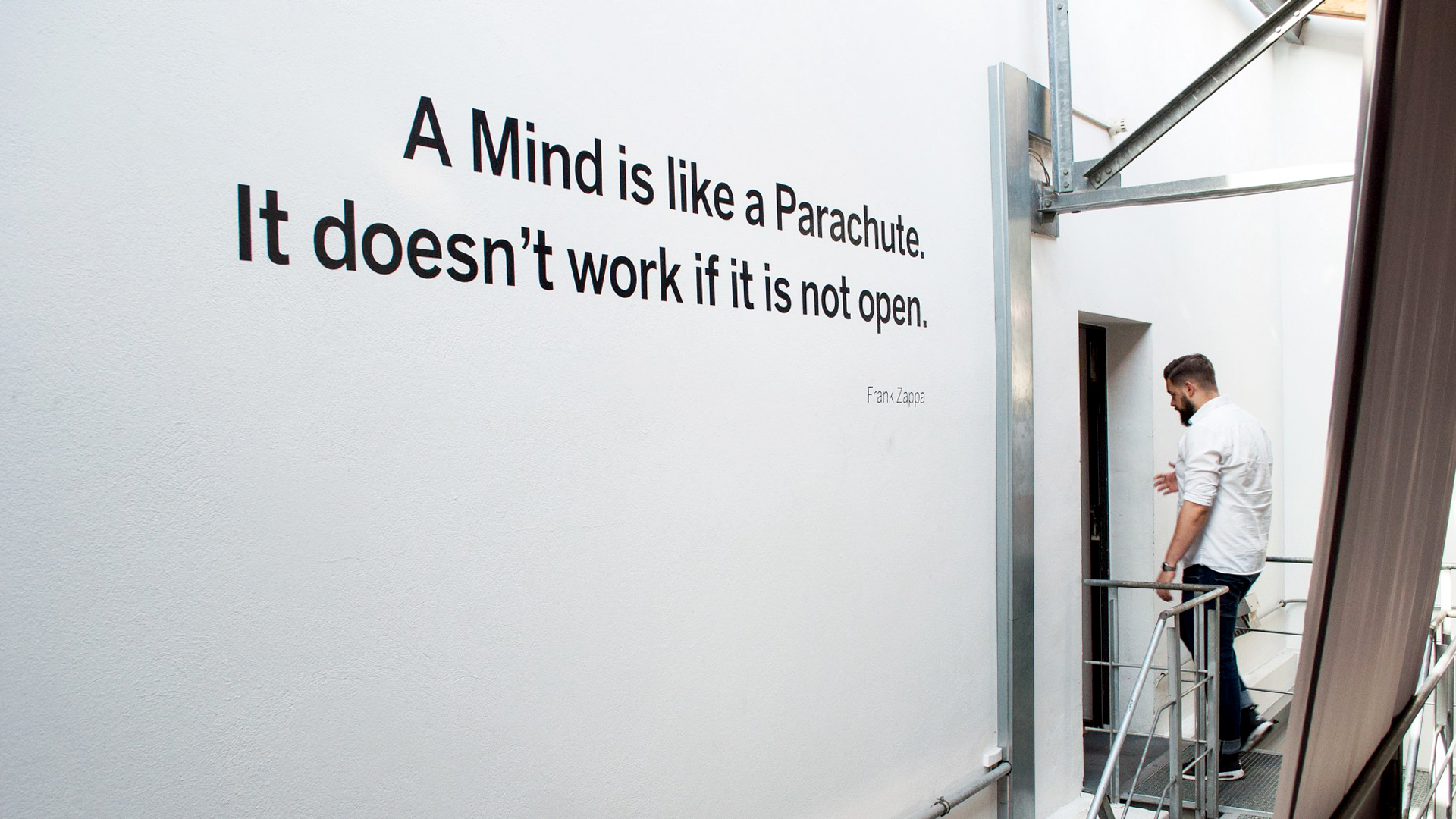
Humanizing OrganizationsBlog Post

Service and Selected CasesPDF Download (PW required)
© 2025 Jan Pautsch
© 2025 Jan Pautsch